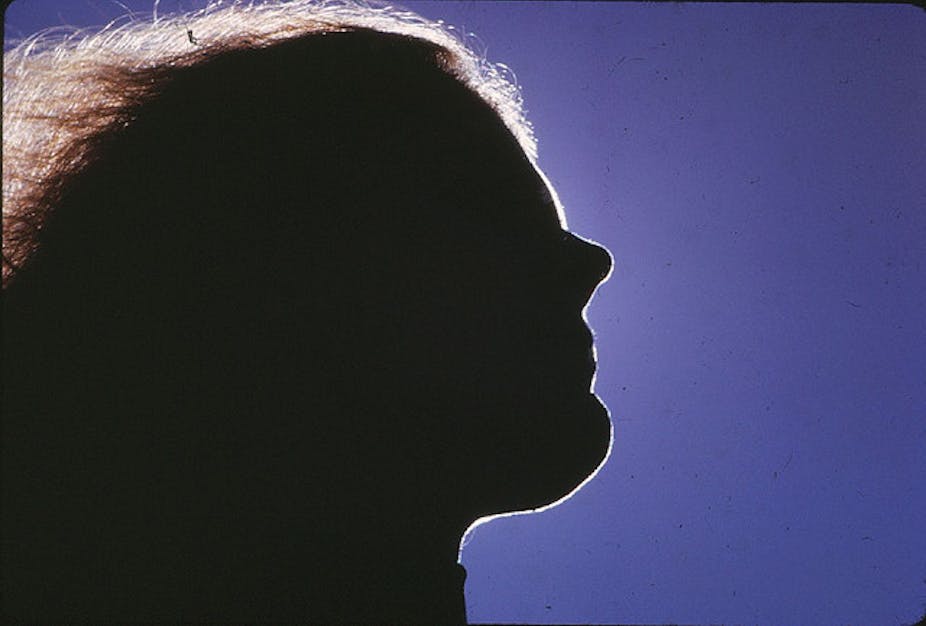The drugs mifepristone (RU486) and misoprostol are on the threshold of being listed on the Pharmaceutical Benefits Scheme (PBS) after the body that assesses whether medicines should be subsidised gave it the green light late on Friday. The drugs are used to terminate pregnancy. Listing on the PBS would make them available across the country at an affordable price.
RU486 has been on the World Health Organization’s list of essential medicines for years and available to women internationally since the 1980s. But it was only placed on the Australian Register of Therapeutic Goods (ARTG) in August 2012, which allowed general practitioners to prescribe the drugs.
There are no reliable figures on abortions in Australia but at least 80,000 abortions are performed here each year. The inclusion of the drugs on the ARTG meant medical (as opposed to surgical) terminations were available to more women through trained general practitioners. This was a welcome development - particularly because of the history of political intervention in this area of reproductive health.
In 1996, former conservative independent senator Brian Harradine successfully moved an amendment to the Therapeutic Goods Act 1989 (Cwlth) that gave the Minister for Health and Ageing the power to reject applications to import and market mifepristone. At the time, Tony Abbott, who is anti-choice, was health minister.
No applications were made because it was an expensive process and the possibility of approval was minimal. In 2006, legislation to remove the Harradine restriction was passed after a cross-party vote, but until mifepristone could be registered on the ARTG, the drug wasn’t available.
Now, the Pharmaceutical Benefits Advisory Committee (PBAC) has recommended the listing of mifepristone and misoprostol on the PBS. If this recommendation is approved by the federal government, or more specifically, the Health Minister Tanya Plibersek, the cost of the drugs will fall dramatically and an early medical abortion will be much cheaper than a surgical abortion.
Plibersek has said on television that the cost of the drugs would be reduced from between $300 and $800 to $12 (for low income earners with concession cards) or $35. The cost of a surgical abortion is much higher but varies as most abortions are performed in private clinics, which decide how much to charge for procedures individually.
The availability of these drugs at a reasonable price will be an improvement to Australia’s reproductive health services, but there’s still an unresolved problem around abortions in some Australian jurisdictions.
While changes are taking place at the federal level, New South Wales, Queensland, South Australia and the Northern Territory have retained criminal abortion laws that don’t reflect the values of the majority of Australians. These 19th century laws have been modified through case law and legislation but the legal status of abortion is still unclear.
In Queensland, a woman who used mifepristone and misoprostol to self-abort and her partner who imported the drugs from overseas via the postal system were prosecuted under the Criminal Code 1899 (Qld) in 2010. The court found that the drugs were not “noxious” as required by the legislation and they were acquitted.
The Australian Capital Territory, Victoria and Western Australia have repealed and reformed their criminal abortion laws and the new regimes recognise a woman’s right to self-determination and her capacity to make reproductive decisions. Tasmania is currently in the process of reforming criminal abortion laws with the Reproductive Health (Access to Terminations) Bill, which has been passed by the House of Assembly.
Criminal abortion laws are legal and health hazards that have no place in a modern, advanced health-care system. Women throughout Australia are entitled to the benefits of affordable medical progress without the threat of criminal sanctions. And doctors should be able to provide reproductive health services without the threat of criminal sanctions.
The PBAC recommendation to subsidise RU486 is a welcome move for advocates of women’s reproductive rights. But the struggle is not over yet.

